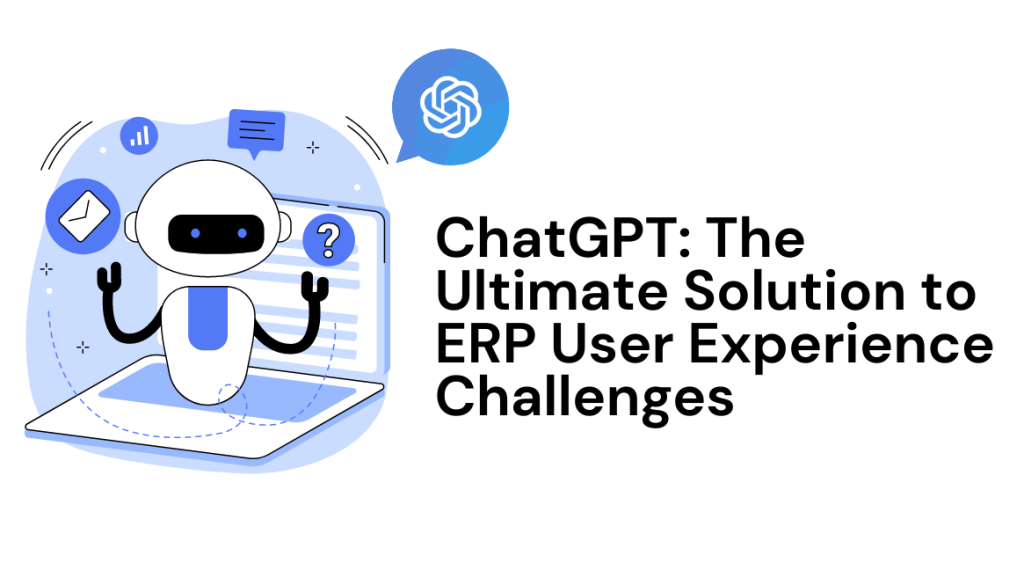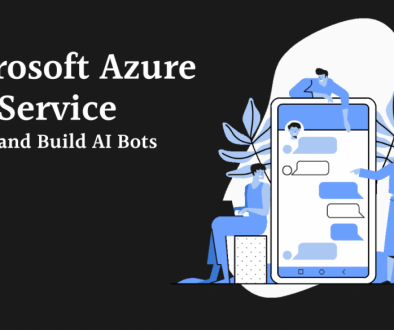ChatGPT: The Ultimate Solution to ERP User Experience Challenges
The release of chatGPT sparked many discussions on its potential impact across various industries. One of the first actions taken by ERP vendors was to quickly integrate chatGPT into their own systems, as everyone wanted a share of the benefits it offered. In fact, Salesforce even went as far as copying the name “GPT” and released Einstein GPT as their own generative AI service;)
Despite the excitement surrounding the future of AI and its potential applications in ERP systems, what excites me most is how chatGPT can revolutionize the user experience of these apps. Having worked on developing various chatbot apps for ERP systems in the past, I have found that none have fully served their intended purpose, often leading users to revert to the old, more time-consuming way of working. ChatGPT, however, has the potential to change this.
Improving the user experience of ERP systems is no small feat
The complexity of these systems has been discussed at length in the past, and while ERP vendors have invested a lot in improving the user experience, there is still much work to be done. End user training can be a lengthy process, and finding ways to simplify and streamline these systems has been a challenge.
Over the next five years, I predict that there will be a significant shift in how end users utilize ERP applications. Rather than having to open multiple systems for insights, users may be able to simply chat with chatGPT and receive the information they need faster than ever before. Personalized recommendations and insights based on user behavior and preferences will be a significant win for executives and managers. Being able to obtain accurate numbers on sales and individual performance without having to navigate through various systems will be a game-changer.
Integrating with multiple apps in Enterprise
Integrating chatGPT into multiple applications within an enterprise can provide a seamless end-to-end experience. It can present information in a unified and easy-to-understand format from different systems, improving the overall user experience. However, there are some challenges that need to be addressed before chatGPT can be fully integrated into ERP systems. Ensuring data security and privacy is of utmost importance, particularly as ERP systems often contain sensitive and confidential information. Another challenge is ensuring that chatGPT can navigate complex business processes and workflows, which are often highly customized.
In conclusion, chatGPT has the potential to revolutionize the user experience of ERP systems. Its ability to understand natural language, automate routine tasks, and provide personalized recommendations can significantly improve productivity and reduce the learning curve for new users. While there are still some challenges that need to be addressed, the future of ERP systems with chatGPT looks promising, and I’m excited to see how this technology will continue to evolve and enhance the user experience of ERP applications. We’re only at the beginning of what AI can accomplish. Whatever limitations it has today will be gone before we know it!



